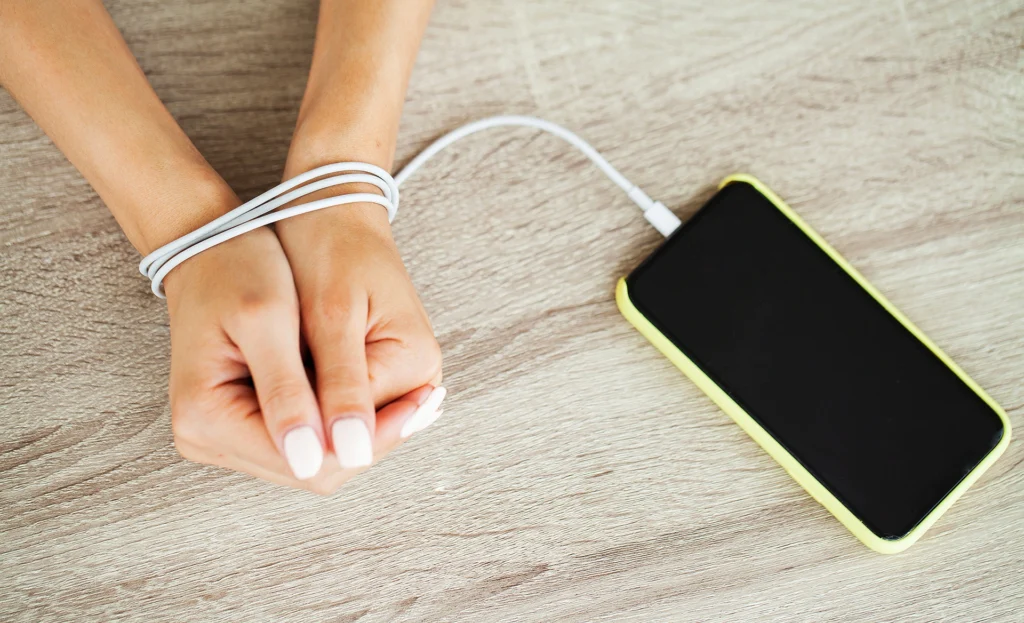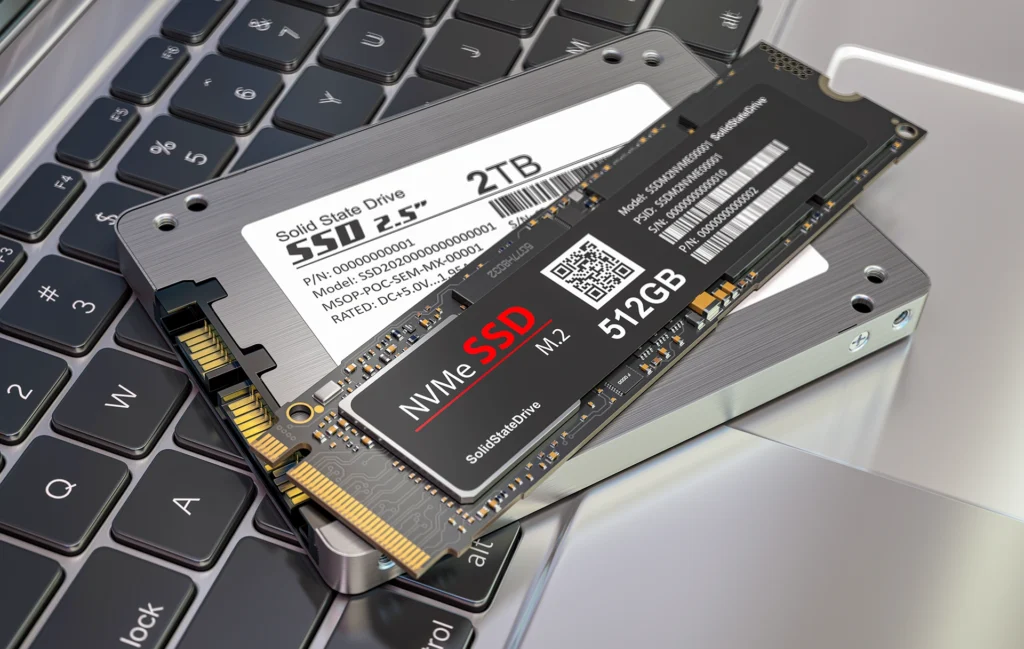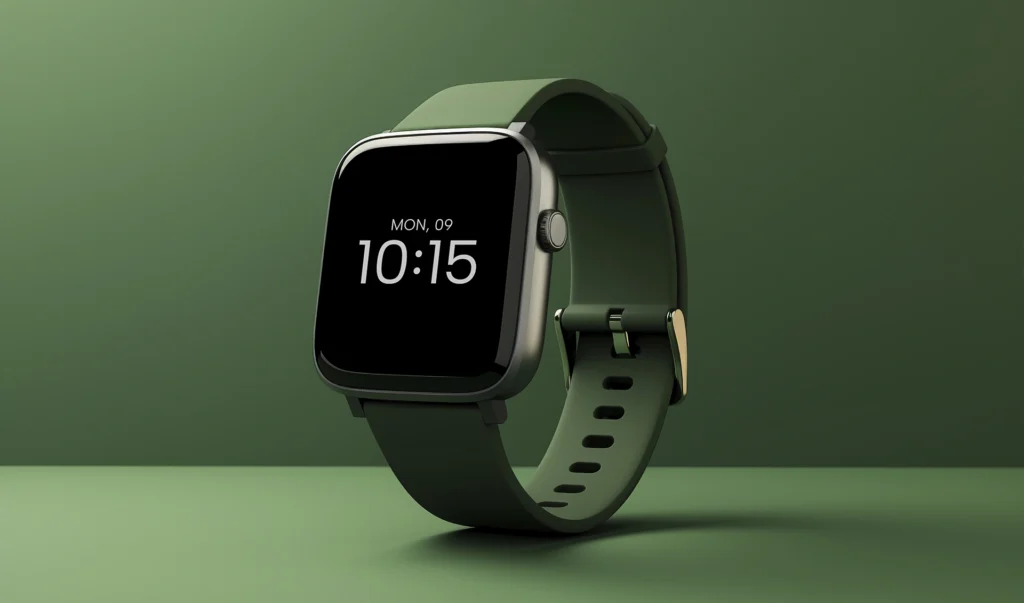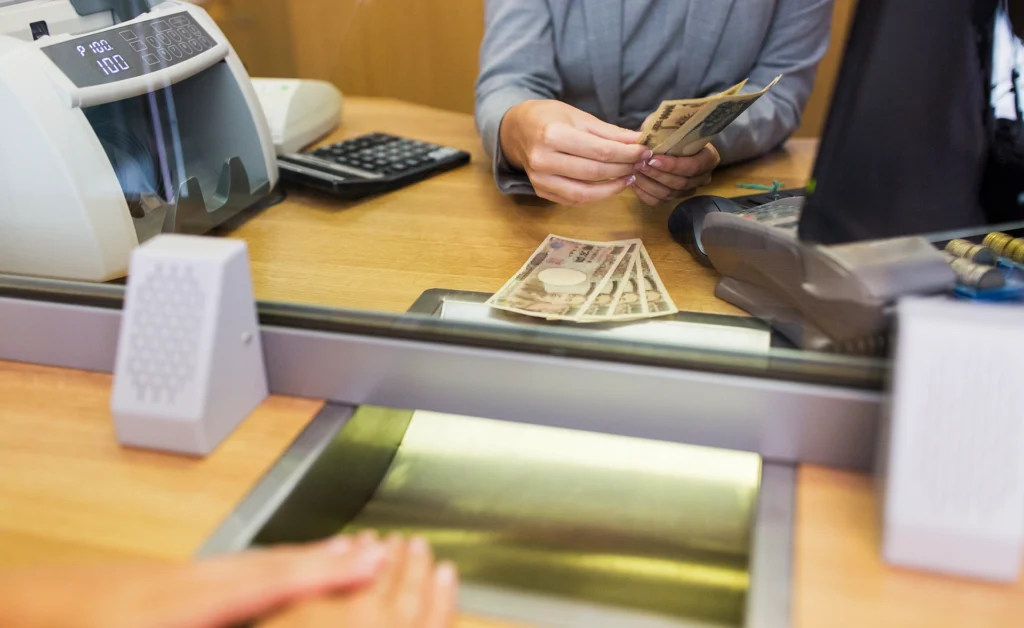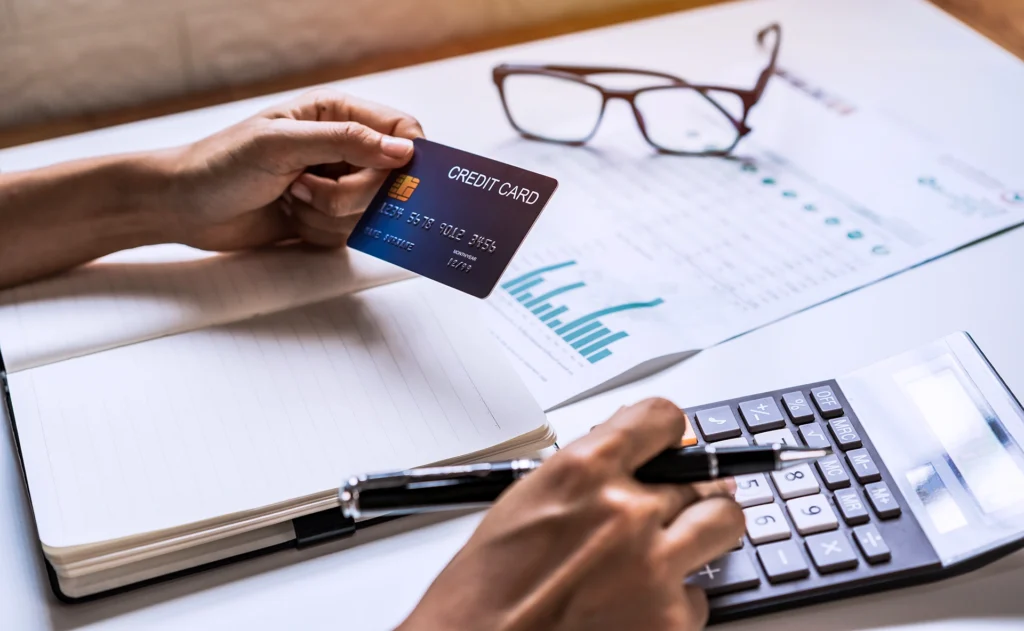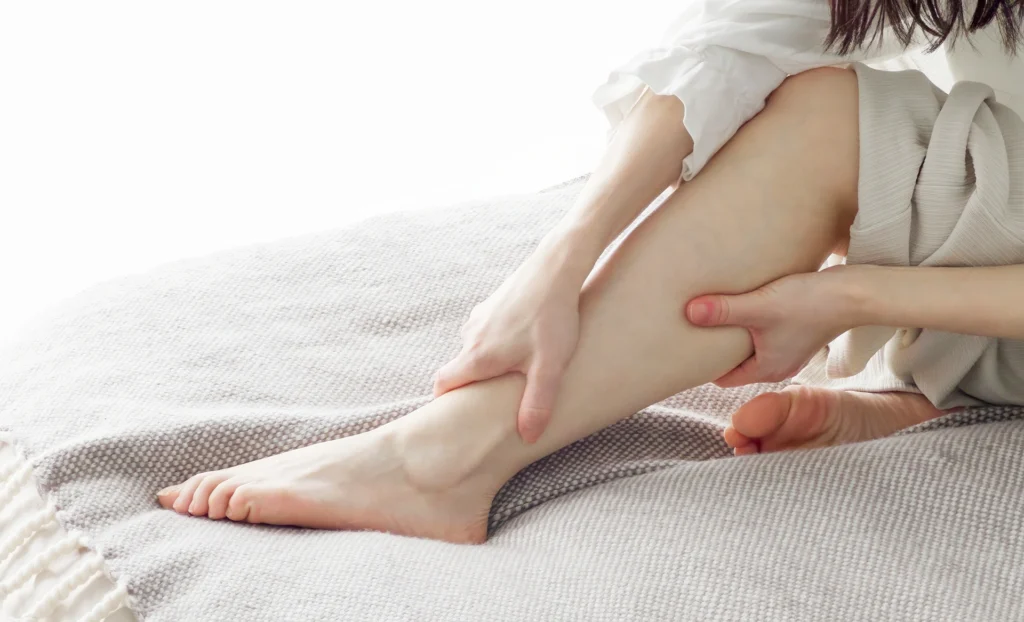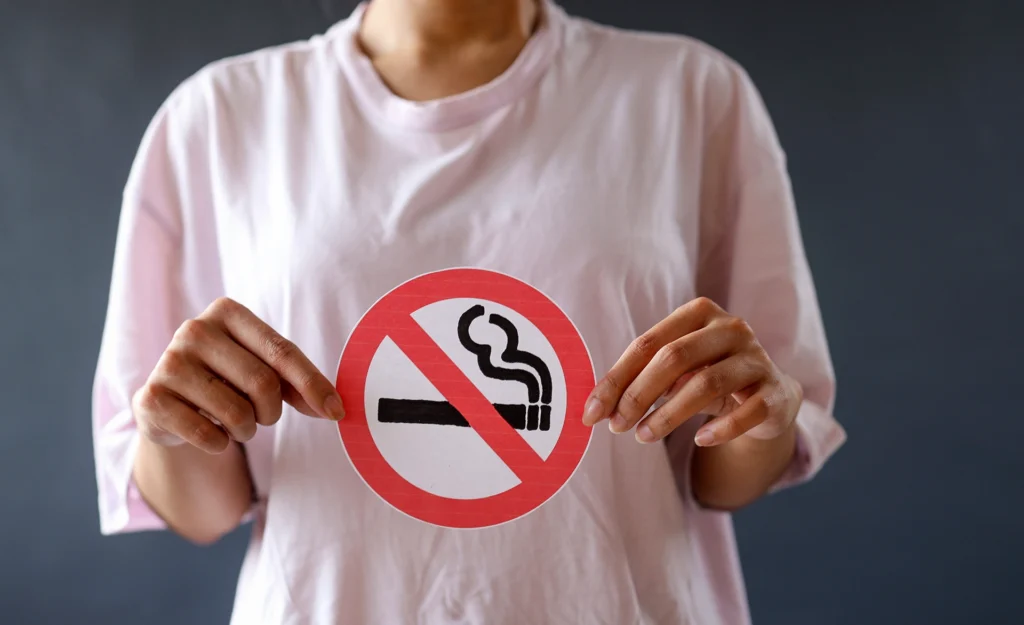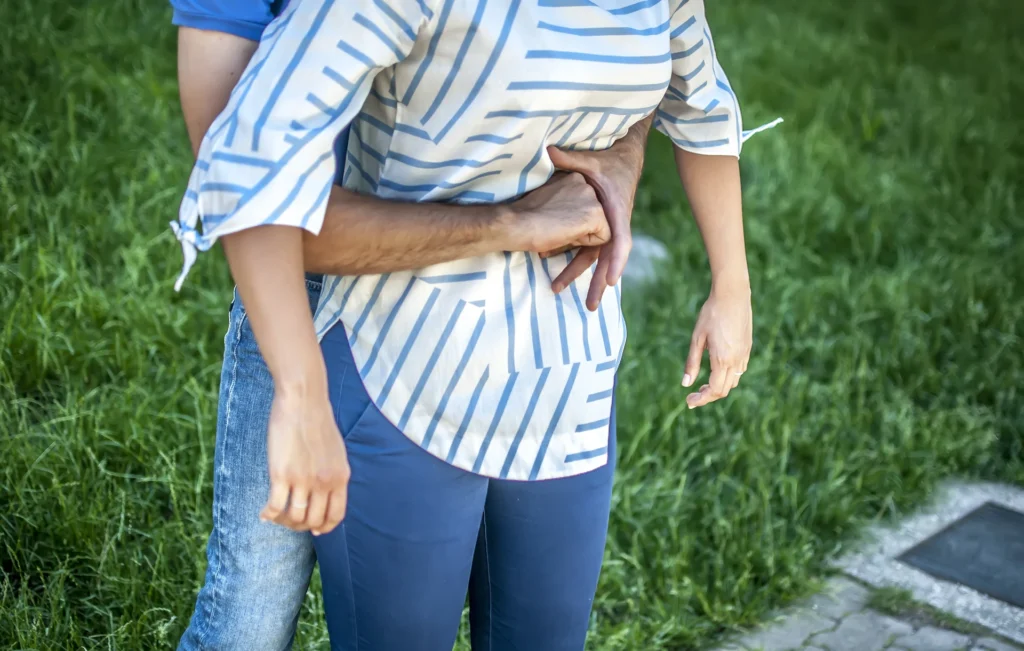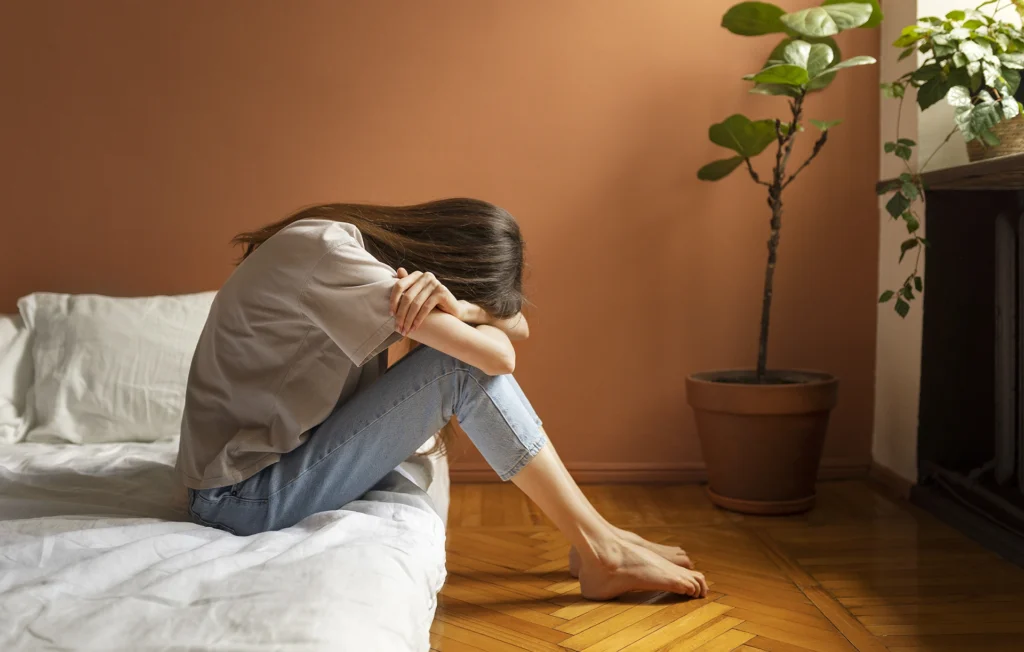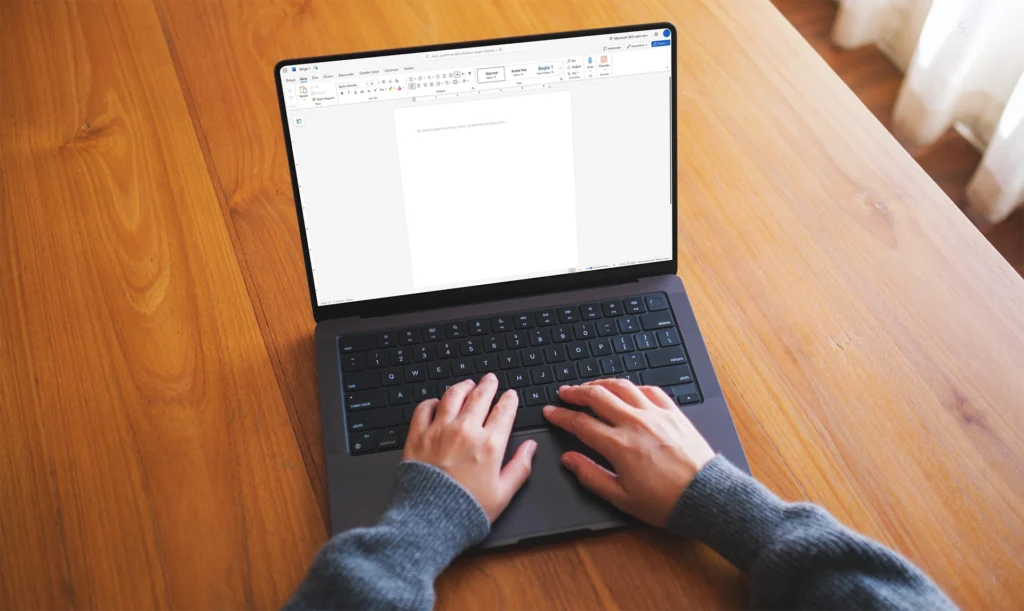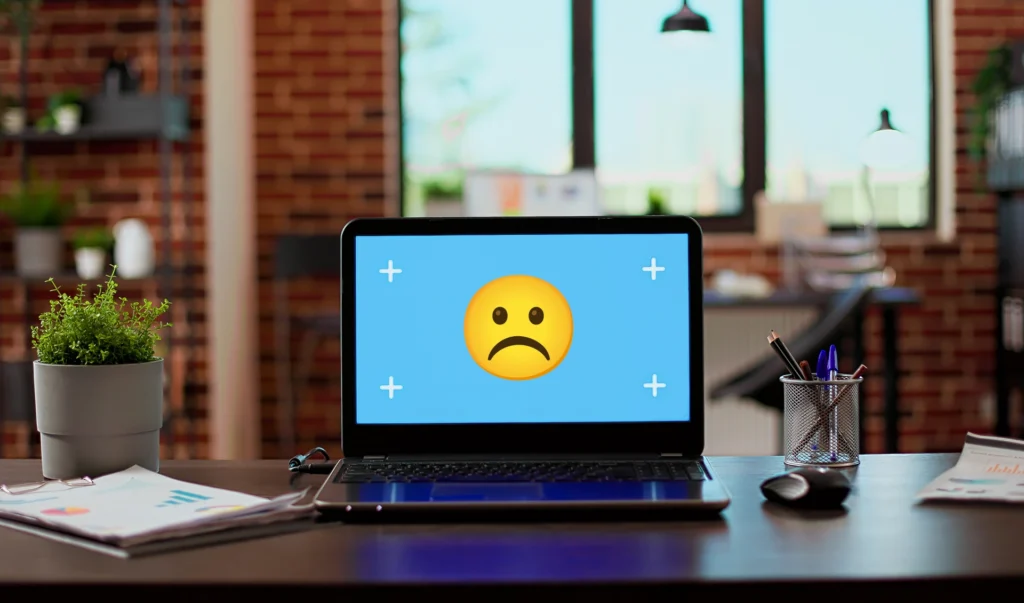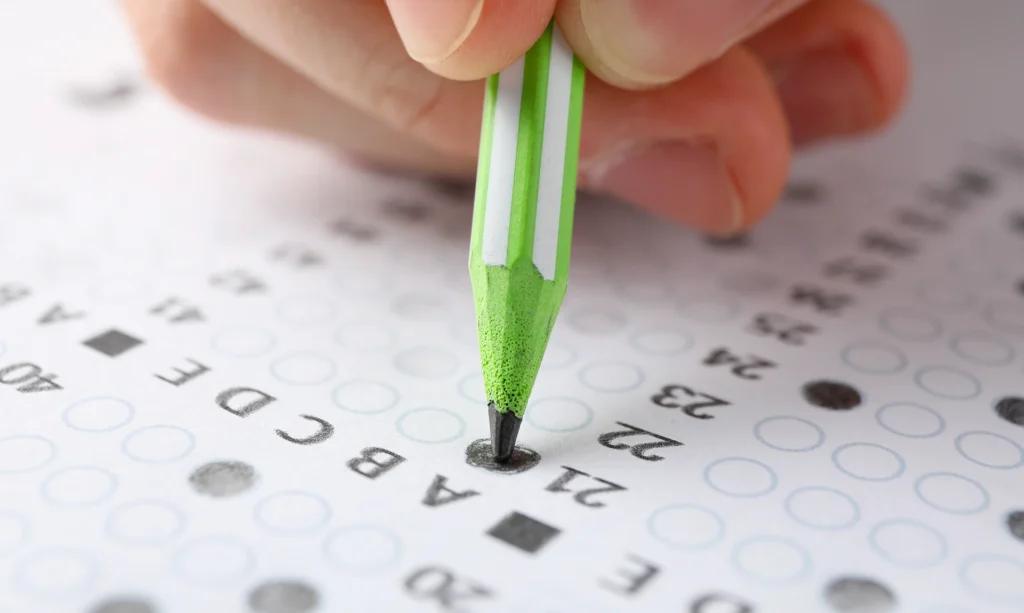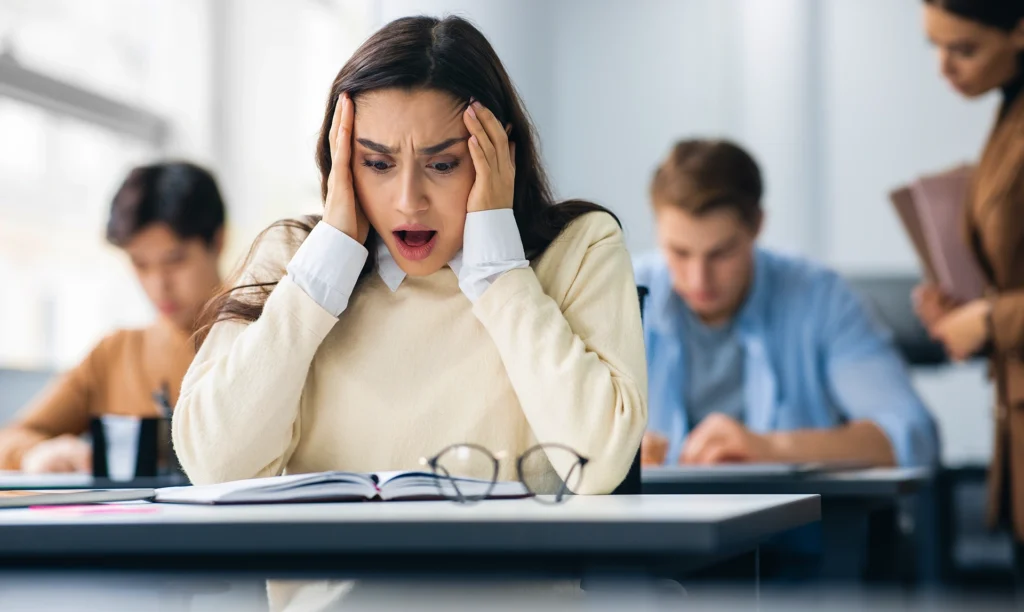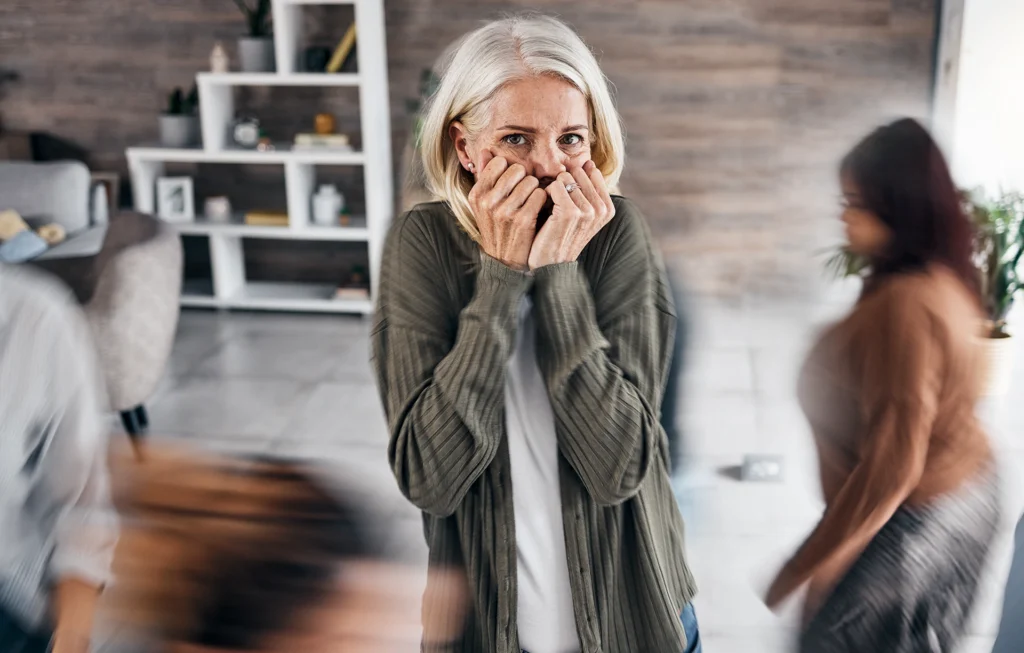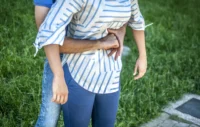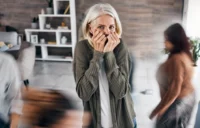Now Reading: Symptoms of Depression and Treatment Methods
- 01
Symptoms of Depression and Treatment Methods
Symptoms of Depression and Treatment Methods
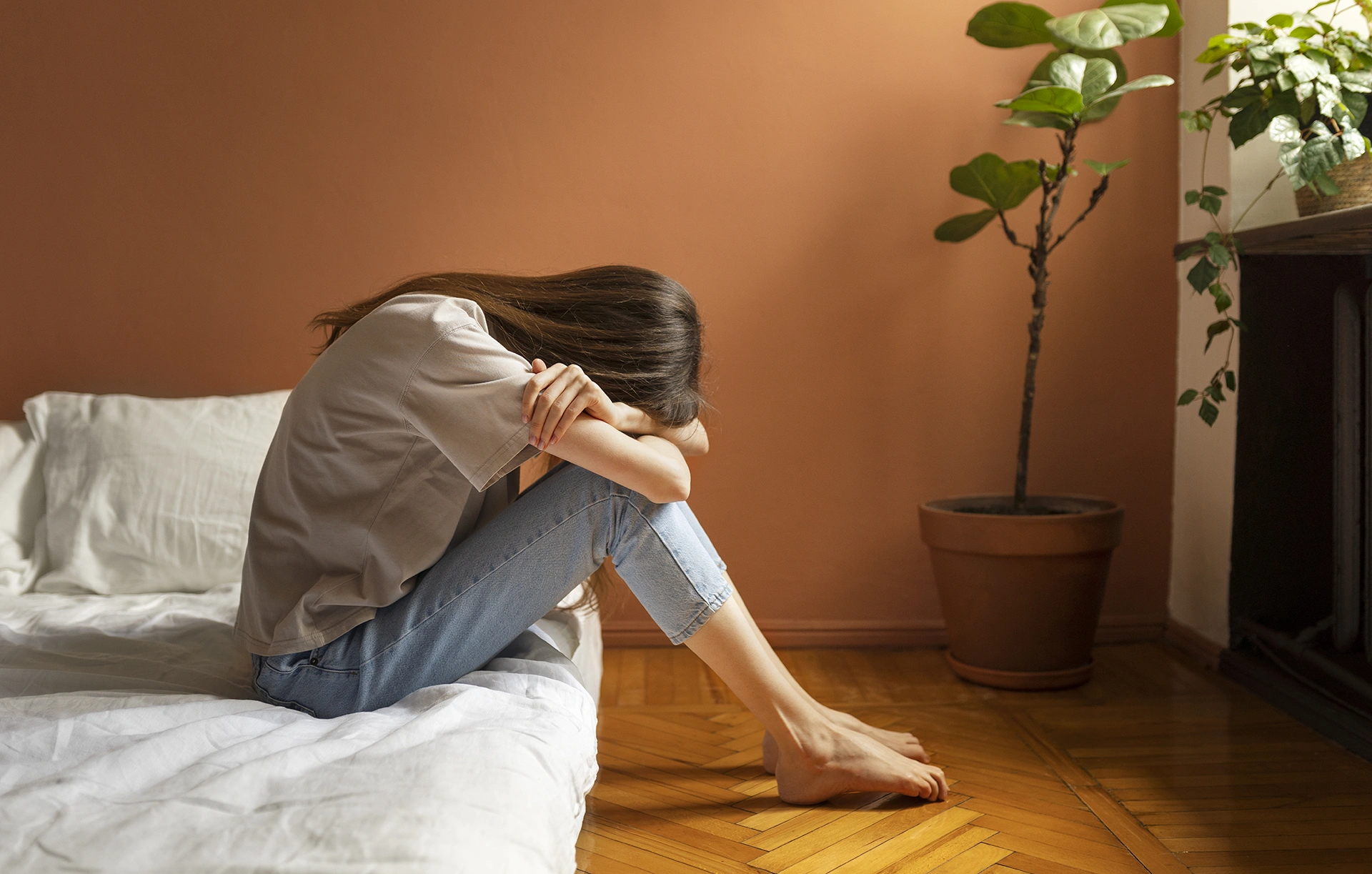
Depression is a common mental health issue that significantly impacts quality of life. So, what are the symptoms of depression, and how can one cope with this condition? In this article, we will thoroughly discuss the symptoms of depression, emphasize the importance of treatment, and explore various treatment methods.
What is Depression?
Depression is a serious illness that affects a person’s emotional, cognitive, and physical state, not just a feeling of sadness. It manifests through persistent sadness, unhappiness, loss of interest, and low energy.
What are the Symptoms of Depression?
While depression varies from person to person, it generally presents with the following symptoms:
- Emotional Symptoms: Persistent sadness, unhappiness, feelings of emptiness, hopelessness, guilt, and worthlessness.
- Physical Symptoms: Sleep disturbances (excessive sleep or insomnia), appetite changes (overeating or loss of appetite), fatigue, energy loss, headaches, muscle aches, digestive issues.
- Cognitive Symptoms: Difficulty concentrating, trouble making decisions, negative thoughts, and thoughts of suicide.
Depression and Daily Life
Depression can cause difficulties in many areas of a person’s daily life. Productivity at work or school may decline, social relationships may weaken, and personal care might be neglected. If left unaddressed, depression can worsen and lead to other health issues. Therefore, it is crucial to consult a specialist when you notice these symptoms.
Treatment for Depression
Depression is a treatable condition. Treatment methods may vary depending on the patient’s condition and severity. Commonly used treatment methods include:
1. Psychotherapy
Psychotherapy is a fundamental approach in treating depression and helps individuals address emotional issues. This process involves regular meetings with a therapist. The therapist assists the individual in expressing their feelings, understanding, and altering thought patterns. Additionally, they develop coping strategies to handle the challenges of daily life. There are various types of psychotherapy, including cognitive-behavioral therapy (CBT), psychodynamic therapy, and person-centered therapy.
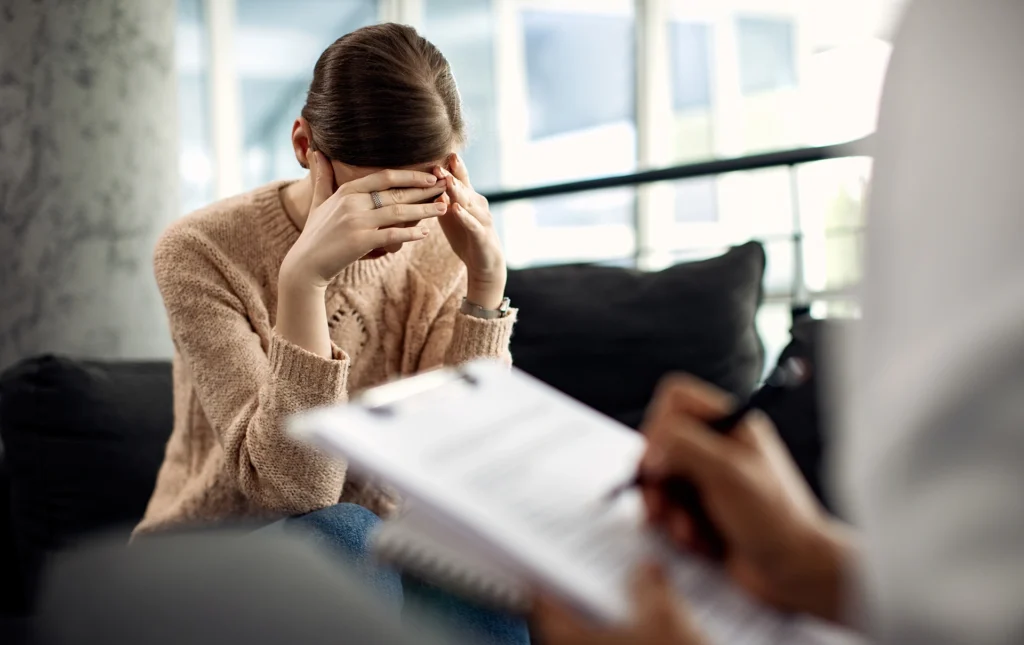
2. Medication
Medication targets the biological aspects of depression by helping to regulate the chemical balance in the brain. These medications, often referred to as antidepressants, work by increasing levels of neurotransmitters such as serotonin, norepinephrine, and dopamine, which have a positive effect on mood. Your doctor will prescribe the most suitable medications based on the severity of your depression and your individual needs. Medication is typically used in conjunction with psychotherapy and requires regular doctor check-ups as part of the treatment process.
3. Electroconvulsive Therapy (ECT)
Electroconvulsive therapy (ECT) is a treatment option used for patients who do not respond adequately to other treatments or who have severe depression. ECT involves a procedure performed under general anesthesia that temporarily alters electrical activity in the brain. Electric currents are applied to specific areas of the brain to help reset the chemical balance. ECT is often preferred when other treatment methods have been ineffective because it generally provides rapid improvement. ECT may have side effects, and therefore, the treatment is usually carefully monitored by a specialized team.
Depression and Life Coaching
Life coaching can play a supportive role in depression treatment. Life coaches assist individuals in setting goals, enhancing motivation, and acquiring new skills, providing significant support in the recovery process. This coaching can facilitate coping with depression by encouraging personal development.
Ways to Cope with Depression
In addition to depression treatment, the following methods can help you manage depression:
- Regular Exercise: Exercise promotes the release of endorphins, which improve mood.
- Healthy Diet: Balanced nutrition boosts energy levels and supports overall health.
- Adequate Sleep: Paying attention to sleep patterns can alleviate symptoms of depression.
- Social Interaction: Spending time with family and friends and receiving social support is important.
- Hobbies: Engaging in hobbies can reduce stress and help you feel better.
Remember, you are not alone when you notice symptoms of depression, and help is available. Consulting a specialist can help determine the right treatment methods and lead to a healthier life. Remember, depression is a treatable illness.
